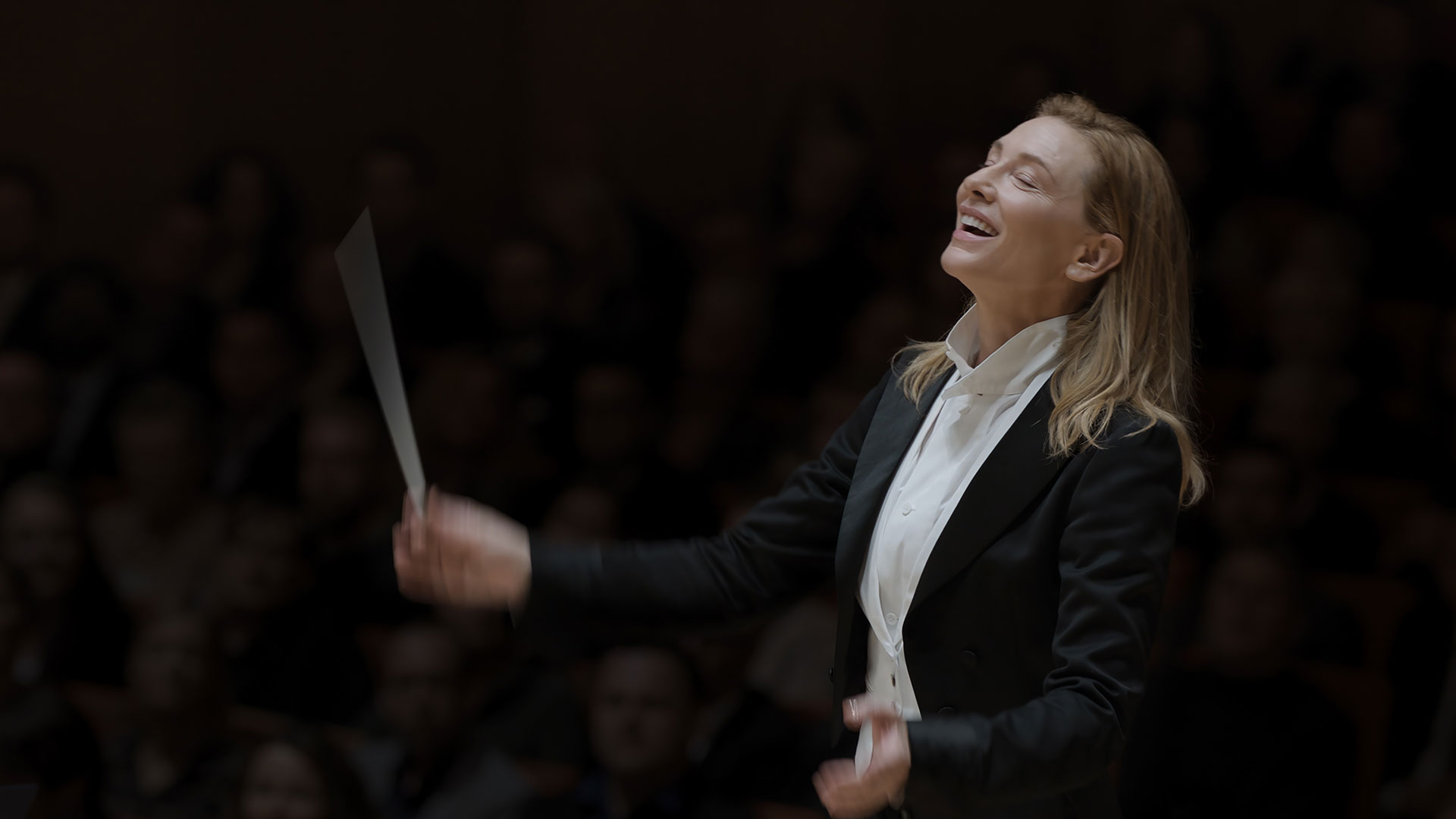GamesRadar+ Verdict
TÁR won’t be everyone’s tempo, but as ambitious, full-fat films about the creative process go, it’s worthy of applause.
Why you can trust GamesRadar+
Writer/director Todd Field’s previous films were awards magnets, with both In the Bedroom and Little Children scoring Oscar noms. There’s little doubt that TÁR, his return to cinemas after a 16-year break will net nods for a towering performance by Cate Blanchett.
An exploration of artistry with a capital ‘A’, it follows the private and professional tribulations of maestro/monstrous conductor, Lydia Tár (Blanchett), as she preps for a performance of Mahler’s 5th symphony in Berlin.
Field and Blanchett aren’t interested in spoon-feeding the classical-music world to the uninitiated, or in making Lydia necessarily likeable. She’s predatory, provocative, selfish, self-destructive, abrasive and contrary. The only sensitivity she feels is via her hyperacusis condition, which means fridge beeps, car rattles and distant screams stress her.
A trailblazing force of nature on the podium, Lydia may be in a relationship with violinist Sharon (Nina Hoss) and co-parent a daughter, but rumours of impropriety (sexual, political and professional) dog her as she fights pretenders to her throne (Mark Strong, excellent as a wealthy wannabe), social media and her fascination with new cellist, Olga (newcomer Sophie Kauer). Incendiary on stage, can Tár stop herself from imploding?
Field’s love letter to orchestras and the classical world is equally uncompromising. The film opens with stark, full titles and a long interview between Lydia and a journalist, where they discuss music, conductors, form and art in terms that will likely prompt a post-viewing Googling. Blanchett is so jarringly performative in her answers that one wonders if this is finally the role that she cannot master. Subsequently, though, when we see Lydia presenting in varying degrees in different environments (at work, in a Julliard class, domestically), the layers peel back, revealing a complicated woman and a nuanced performance.
The building of Lydia’s character is given so much care that it takes an hour before we even see her in her true element, twirling a baton, orgasmically engaged in the music and pulling beauty from the strings of her players. Here, Field and Blanchett manage to show, without simplification, tangible virtuosity: the scenes with the orchestra and Kauer (an accomplished cellist in real life) are alive and transporting.
Lydia is not the only multi-faceted woman in TÁR, however. Her partner Sharon and assistant Francesca (Noémie Merlant) thrum with rich interior life (battling infidelity and thwarted ambition respectably), while Kauer delivers a star-making turn in her debut.
Recalling the likes of All About Eve and Amadeus, TÁR asks pertinent questions about cancel culture, artistic integrity and gender, while also providing a primer on orchestral politics and musical history.
TÁR releases on October 7 in the US and in January 2023 for those in the UK. For more, check out our list of the most exciting upcoming movies heading your way soon.
More info
| Genre | Musical |
Jane Crowther is a contributing editor to Total Film magazine, having formerly been the longtime Editor, as well as serving as the Editor-in-Chief of the Film Group here at Future Plc, which covers Total Film, SFX, and numerous TV and women's interest brands. Jane is also the vice-chair of The Critics' Circle and a BAFTA member. You'll find Jane on GamesRadar+ exploring the biggest movies in the world and living up to her reputation as one of the most authoritative voices on film in the industry.



